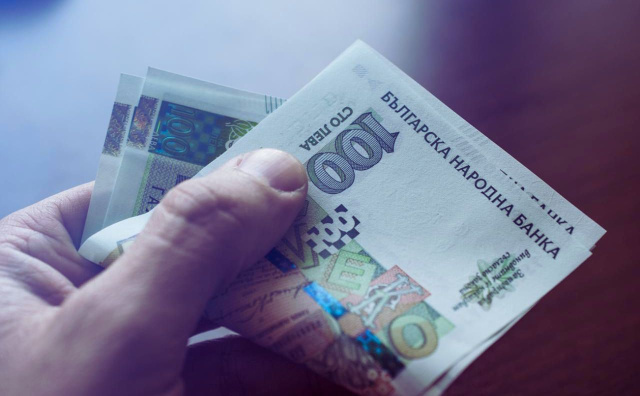A counterfeit 100-BGN banknote was recently discovered at a Tavex currency exchange office in Sofia’s Serdika Mall, raising alarm over the effectiveness of current anti-counterfeit measures.
The forged note reportedly passed through a money verification machine without raising any alerts before being identified during a manual check by a vigilant staff member on July 12.
Tavex, a well-known exchange company, confirmed that the fake note evaded detection by their high-end currency authentication system but was spotted by an experienced employee during a visual and tactile inspection.
The incident highlights both the sophistication of some counterfeit operations and the indispensable role of human oversight.
According to Max Baklayan, a spokesperson for Tavex, the forged note displayed several warning signs when examined manually. “The texture felt off—smooth and greasy, like newspaper,” he explained.
“There was no watermark, no raised print, and the holographic stripe was poorly rendered, with a crudely drawn ‘100’ instead of an embedded hologram.”
One of the most telling signs came under ultraviolet light. While genuine Bulgarian banknotes display specific security patterns under UV, the counterfeit glowed entirely—suggesting it lacked the complex layering found in authentic currency.
Baklayan stressed that while such incidents are rare, they serve as a reminder of the need for thorough checks, especially as Bulgaria nears its official transition to the euro.
“We don’t currently see widespread circulation of counterfeit Bulgarian leva,” he said. “We encounter fake euros and dollars more often. But this incident shows that criminals are still trying to exploit any gaps.”
The discovery comes at a sensitive time for Bulgaria, which is preparing to adopt the euro on January 1, 2026. The lev will remain in circulation through January 31 of that year.
Experts warn that the upcoming transition period may attract increased attempts to pass off counterfeit currency, exploiting public confusion and the mix of two currencies in circulation.
Tavex has urged citizens to conduct exchanges only through licensed and reputable financial institutions and to remain cautious, particularly when dealing with large denominations.
As the country approaches a major monetary shift, the incident underscores that while machines offer speed and convenience, it is often human expertise that serves as the final—and most reliable—line of defense.

